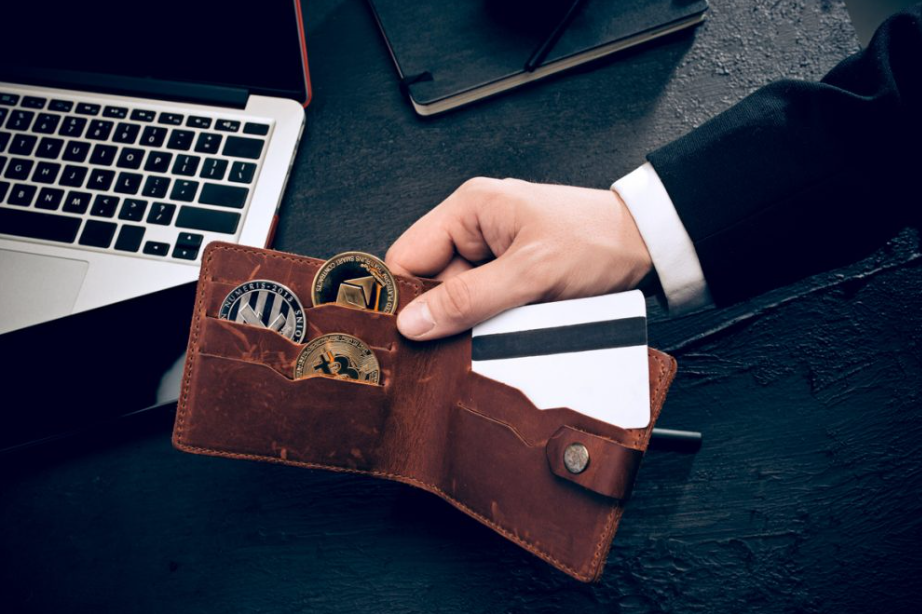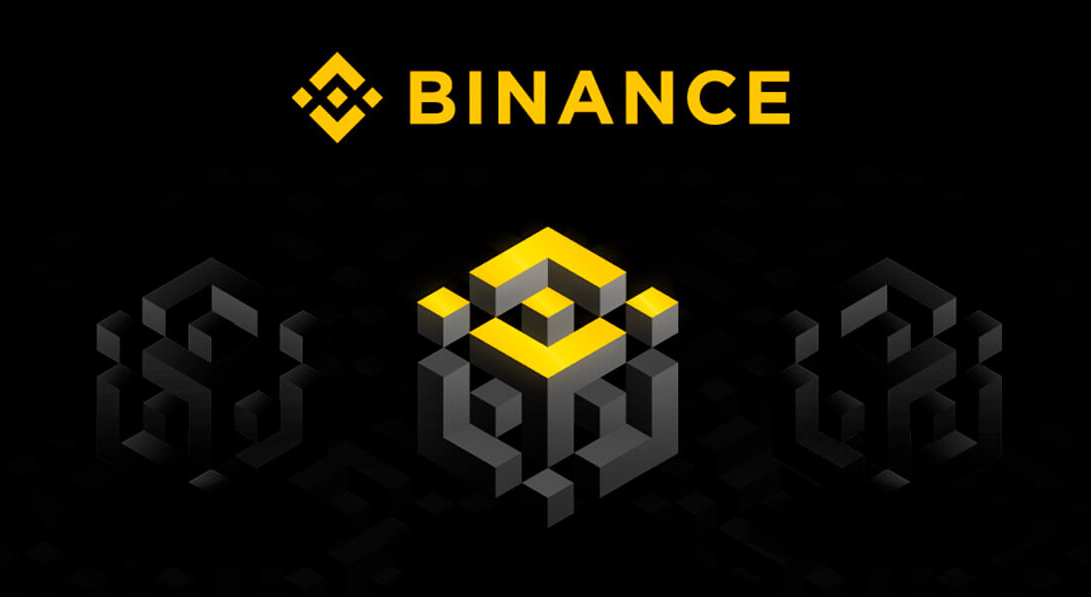Self-Custody Crypto Wallet – All You Need to Know. A Self-custody Crypto Wallet is a safe way to store and send your crypto. It does not rely on an institution to manage your private keys, and it eliminates the need for a third party to confirm every transaction. A self-custody crypto wallet is a great choice for beginners who are still learning how to use the cryptocurrency.
Non-custodial crypto wallets do not require the outsourcing of trust to an institution
A non-custodial crypto wallet is one where you hold your private key directly, without the need for an institution to hold your funds for you. While this gives you full control over your funds, it also comes with more responsibility. While a custodial wallet can reset your password with a few emails and some identity verification, the loss of your private key and hardware wallet can leave you with no way to access your funds.
Custodial cryptocurrency exchanges store a huge amount of user funds, which makes them susceptible to security breaches. One such incident happened to the Japanese exchange Mt. Gox in 2014, when 70% of its bitcoin transactions were hacked. Another drawback to custodial wallets is that they require you to use an internet connection to access your wallet.
Another alternative to custodial wallets is a crypto ETF or ETP. These are becoming popular with institutional investors as they don’t require you to manage your keys or transact on the blockchain. However, they come with higher fees and only offer exposure to a subset of the cryptocurrencies available on exchanges. Hence, if you’re looking for a wallet that offers more security, a non-custodial one is the way to go.
Using non-custodial crypto wallets is safer than using a traditional bank. Non-custodial wallets do not require you to give up control of your private keys and are easier to use. In addition, these wallets are more user-friendly, so first-time crypto holders don’t have to worry about security.
Another advantage of non-custodial crypto wallets is that the security of your digital assets is not outsourced to a third party. This means that you don’t need to trust an institution to keep your private keys and protect your wallet. Nevertheless, you must still take precautions to keep your private keys safe. One way to protect your crypto wallet is to make sure that it is password protected, and that you don’t give anyone else physical access to your private key. This way, unauthorized users cannot drain your funds.
Another key difference between a custodial and non-custodial crypto wallet is how sensitive your private keys are. With a custodial wallet, the third party keeps the private keys, while a non-custodial wallet keeps them with you, and allows you to become your own bank. Non-custodial crypto wallets reduce the risk of data theft because all transactions take place in real time.
They reduce risk of data breach
There are two types of crypto wallets – those that keep your private keys with a third party and those that don’t. The difference between the two is that self-custodial wallets decrease the risk of data breach, and are more convenient to use. Non-custodial wallets are software that you download onto a mobile device or a hardware device that looks like a USB drive. Hardware wallets are especially safe, since they do not connect to the internet and are not susceptible to hacker attacks.
Cryptocurrency wallets that are in the hands of a third party are much easier to hack. In fact, centralized custodians have millions of dollars worth of crypto, which makes them attractive targets for hackers. If you use a custodial wallet, make sure the company you use has performed a thorough security audit of its systems. In addition, custodial wallets require users to login to the service in order to conduct transactions. These services can also become vulnerable to online attacks.
The most important security controls for cryptocurrency wallets are user authentication and secure data storage. A good local authentication strategy will do much more than protect the wallet itself from phishing attacks. Furthermore, it is important that the wallet app you install has robust security controls. Because crypto wallets are applications, they also need to employ strong encryption and good key management.
In addition to ensuring your private keys are safe, self-custody crypto wallets also ensure that they are secure from tampering. The risk of a data breach is significantly reduced when private keys are held in a secure location.
Another benefit of using self-custody crypto wallets is that they provide full control over your funds. You manage the private keys, approve transactions, and make fast withdrawals. Self-custody crypto wallets offer less risk of data breach because the funds are smaller than those held in big exchanges. They may also be easier to access if you are offline.
Users of cryptocurrency wallets may also use a hardware wallet to store their private keys. These wallets are considered the safest non-custodial crypto wallets. They are similar to USB sticks but are designed to store the private keys offline. In addition, users should keep their hardware wallets in a secure place.
They do not require confirmation from a third party
A self-custody crypto wallet does not require a third party to confirm your transactions. Its private key is generated on your device and can only be accessed by you. Because your private key is unique, you should protect it by securely storing it. You should also not share it with anyone. A self-custody crypto wallet is very secure. Moreover, it has backup and recovery mechanisms that help keep your funds safe.
There are two types of cryptocurrency wallets: non-custodial wallets and custodial wallets. Custodial wallets require a third party to confirm every transaction. You can use either one if you want to have complete control of your private keys. Non-custodial wallets allow you to perform transactions instantly, while custodial wallets require a third party.
Self-custody Crypto Wallet is also known as a DeFi wallet. This wallet is designed for individuals who want to keep control of their own funds. Unlike a custodial wallet, a self-custodial wallet allows you to be your own bank. This type of wallet gives you full control over your private keys and eliminates the need for a third party to confirm your transactions.
A self-custody crypto wallet can be useful for investors or individuals who want to keep their funds safe. They allow users to hold their own keys without the need to entrust them to a third party. They can also save on transaction fees. If you’re using a self-custodial wallet, it is advisable to choose a reliable exchange.
A custodial crypto wallet stores huge amounts of funds of its users. It is also susceptible to security breaches. For example, in 2014, the Japanese exchange Mt. Gox lost $450 million due to hacking. Custodial crypto wallets also require a secure Internet connection.
Users of a self-custody crypto wallet should be vigilant about identity theft. If their identity is stolen, the thief can steal their funds. The criminals can also target their devices to steal their private keys and blackmail the users. These risks could put their personal safety at risk and result in irreversible loss of control.
They do not require a transaction fee
The Self-custody Crypto Wallet is secure as long as you keep your private key secure. The wallet is protected by a combination of software and hardware. You can also perform regular security measures to protect your wallet, such as locking your mobile device and using a separate passcode to access your wallet.
In order to create a non-custodial Crypto Wallet, you need to contact a reputable Blockchain development company. A custodial wallet works by requesting the user to transfer funds to it. This third-party authority then manages all funding and transactions. This prevents the user from performing transactions without their knowledge or consent.
A custodial wallet stores massive amounts of user funds in a single place. There are many conformations involved in this process, and it is also vulnerable to security breaches. In 2014, a hack at the Japanese exchange Mt. Gox resulted in a loss of $450 million in bitcoin. You will also need an internet connection to use a custodial wallet.
Self-custodial wallets are safer because you do not have to trust a third party to manage your funds. However, this freedom comes with responsibilities. You need to protect your wallet and private keys from theft and accidental loss. You should keep your password in a safe place and avoid giving anyone physical access to your wallet. Otherwise, they can drain your funds.
While non-custodial wallets are easier to use for first-time crypto holders, they require a more complex and technical setup than custodial wallets. However, non-custodial wallets do not charge transaction fees. This makes them easier for first-time crypto investors.
If you are concerned about security, consider using a non-custodial crypto wallet. This type of wallet is very easy to use and protects your assets against theft. This type of wallet is also popular among institutional investors. You can use it directly for trading, if you are experienced. In addition, some exchanges integrate non-custodial wallets into their platforms.
Self-custody Crypto Wallets can be browser-based, mobile devices, or hardware devices. These wallets can be secured with a combination of software and hardware. Some of the more popular hardware wallets are the KeepKey, Ledger, and Trezor.



